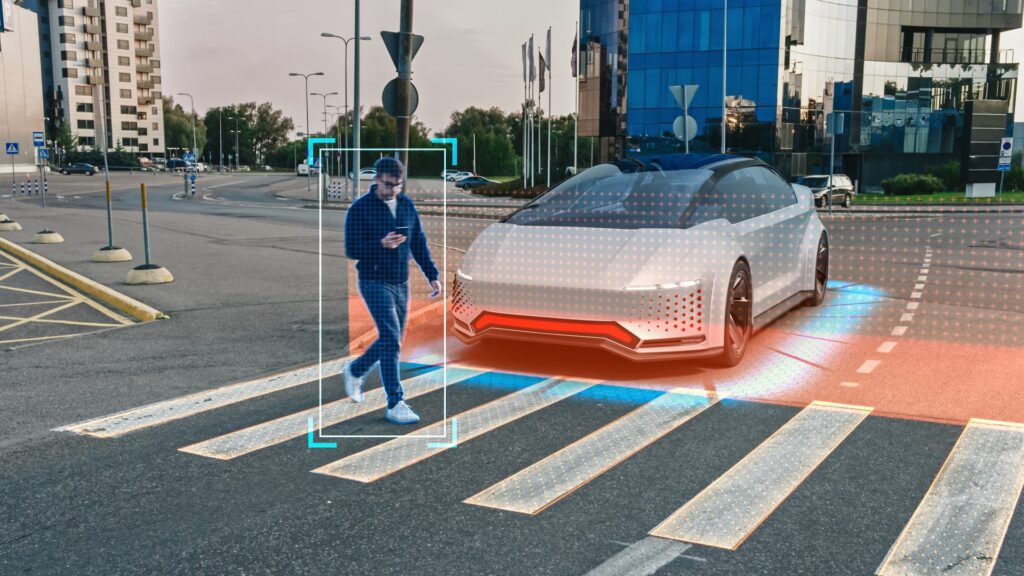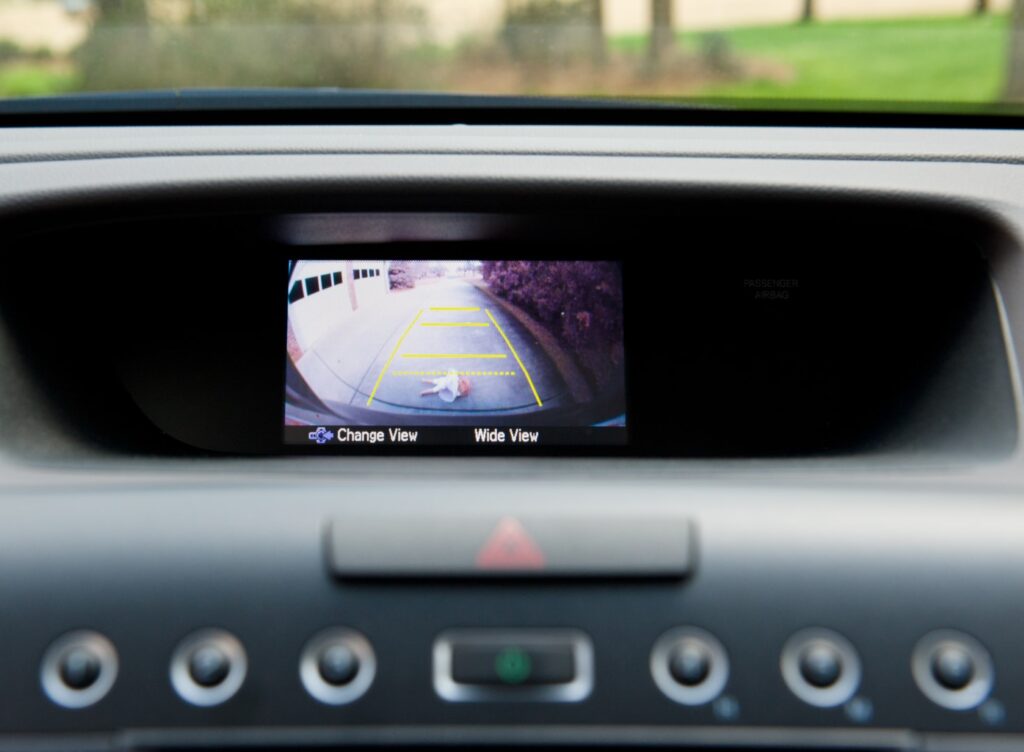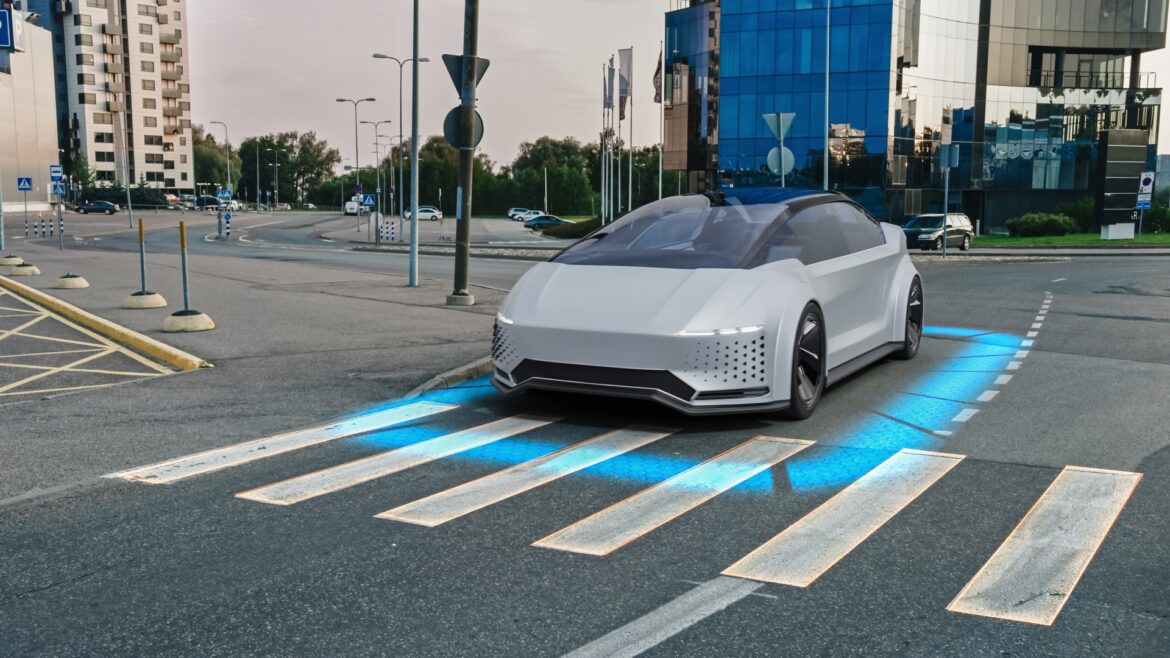Car safety features have come a long way over the years, and are now considered an essential part of any vehicle. From airbags and anti-lock brakes to blind spot monitoring and lane departure warning systems, car safety features are designed to keep drivers, passengers, and pedestrians safe on the road. In this blog, we will explore the importance of car safety features and their impact on the automotive industry and society.

Why Are Car Safety Features Important?
Car accidents can have devastating consequences, and car safety features are designed to reduce the risk of injury or death in the event of a crash. Here are some of the key reasons why car safety features are important:
Reducing the Risk of Injury: Car safety features are designed to protect drivers and passengers from injury in the event of a crash. Features such as airbags, seat belts, and crumple zones can help reduce the impact of a crash and protect the occupants of the vehicle.
Preventing Accidents: Many car safety features are designed to prevent accidents from happening in the first place. Features such as anti-lock brakes, traction control, and electronic stability control can help drivers maintain control of their vehicles in difficult driving conditions.
Improving Visibility: Car safety features such as blind spot monitoring and rearview cameras can improve visibility and help drivers avoid accidents.
Protecting Pedestrians: Car safety features are not only designed to protect drivers and passengers, but also pedestrians. Features such as pedestrian detection systems can alert drivers when someone is in their path, helping to prevent accidents.
The Impact of Car Safety Features on the Automotive Industry
Car safety features have had a significant impact on the automotive industry over the years. Here are some of the key ways in which car safety features have affected the industry:
Increased Demand for Safety: With the rise of car safety features, consumers are increasingly looking for vehicles that offer the latest safety features. This has led to a greater emphasis on safety in the automotive industry, with manufacturers competing to offer the latest and most advanced safety features.
Improved Regulations: In response to the demand for safer vehicles, governments around the world have implemented stricter safety regulations. This has led to the development of new safety standards and requirements for car manufacturers.
Improved Vehicle Designs: Car safety features have also had an impact on vehicle designs, with manufacturers incorporating safety features into their designs from the outset. This has led to the development of vehicles that are safer and more advanced than ever before.
Increased Research and Development: The demand for car safety features has also led to increased investment in research and development. This has resulted in the development of new and more advanced safety features, as well as improvements to existing features.

The Future of Car Safety Features
As technology continues to advance, car safety features are likely to become even more advanced and sophisticated. Here are some of the key trends that are likely to shape the future of car safety features:
Autonomous Driving: With the rise of autonomous driving technology, car safety features are likely to become more integrated and automated. This will allow vehicles to respond to potential hazards and avoid accidents without the need for driver intervention.
Advanced Sensors: Advanced sensors, such as LiDAR and radar, are likely to become more widespread in the automotive industry. These sensors can detect potential hazards and alert drivers, helping to prevent accidents.
Biometric Sensors: Biometric sensors, such as heart rate monitors and eye-tracking systems, are also likely to become more common in cars. These sensors can detect when drivers are drowsy or distracted, and alert them to take a break or pay attention to the road.
Improved Cybersecurity: With the increasing use of connected car technology, cybersecurity is becoming a growing concern in the automotive industry. Car manufacturers are likely to invest in improved cybersecurity

